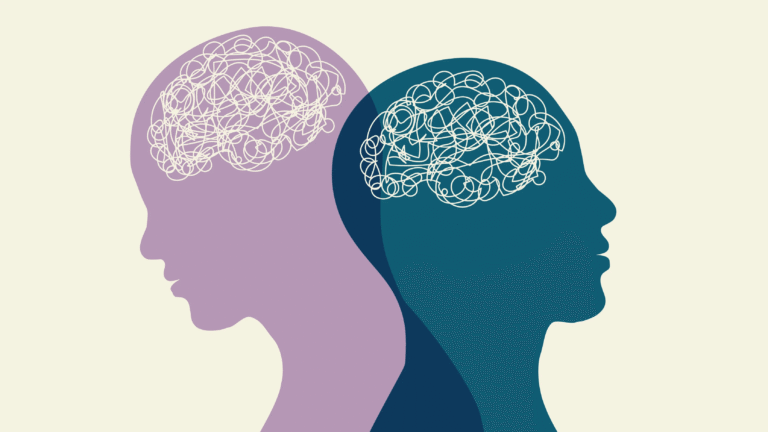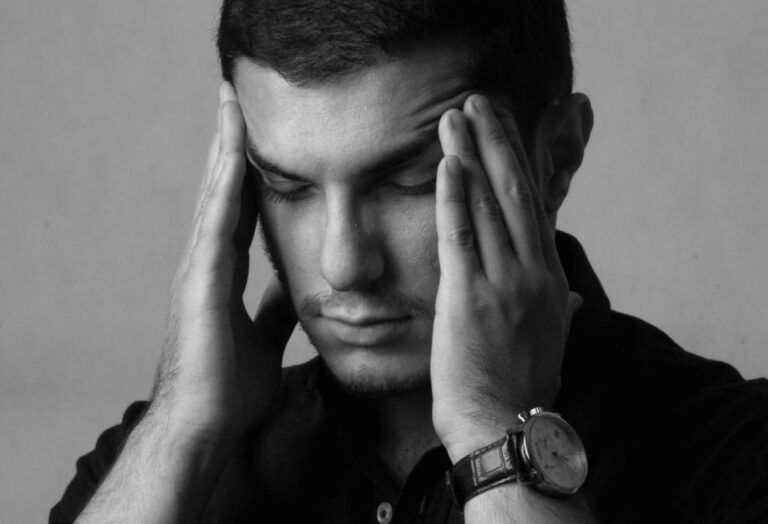Drug addiction, though treatable, is like other illnesses in that a relapse is possible. A patient could become dependent on a particular substance, which can take years to stay clean. If they succumb to those ‘cravings’ during treatment and recovery, the whole process will all be for nothing.
Relapses can happen at any time, especially when you’re exposed to the stressors that have pushed you to take drugs in the first place. So, it takes a lot of effort to keep that from occurring.
This article is for you if you’re currently recovering from substance abuse. Keep reading to learn valuable methods to remain clean while recovering from drug addiction.
1. Follow Through With Your Treatment
The first step to avoiding a relapse is to see your treatment and rehabilitation plan till the end. You’ll miss vital strategies for a complete and long-term recovery when attending only a few sessions. Receiving proper care and guidance from a reputable addiction and mental illness treatment center could help you follow through with plans to improve faster.
Part of continuing your treatment is remembering to take your prescribed medication regularly. Your willpower can only do so much to quit your substance dependence. It may seem counterintuitive to take certain drugs to avoid drug abuse. But a controlled amount of helpful medication prescribed by your healthcare provider may prevent a relapse from happening frequently.
2. Join Or Build A Community
Recovering from a chronic illness can feel lonely sometimes. That loneliness may trigger the temptation to return to substance abuse. But you must remember that you’re not the only one in the world or your neighborhood getting through it. A group focusing on the emotional treatment of former drug addicts might be available in your area.
Joining a community lets you gain an outlet to voice your feelings and frustrations. You’re likely to relapse when you keep these thoughts to yourself. A support group is also a way to find new friends on the same journey as yours. Beyond sessions, you’ll have someone to talk to for the rest of the day and listen to you until the negative mood passes.
3. Get New, Worthwhile Hobbies
When you’re left alone with your thoughts, negativity may cloud your mind, possibly causing you to relapse. But if you’re occupied with worthwhile activities all day, you’ll focus on completing your projects instead of wallowing in doubt and fear.
Hobbies benefit health aside from being a fun pastime. It’s why healthcare professionals and therapists recommend them to recovering drug addicts. They also keep you grounded and give you a purpose in life. Anything you enjoy that’s safe to do daily can aid your ongoing treatment.
Some examples of easy and popular hobbies you can do include the following:
- Playing sports
- Doing volunteer work
- Learning a new skill
- Journaling
- Gardening
The best part about having hobbies is that you can befriend people who do the same things. You could also improve your relationships, making you feel less lonely when loved ones surround you.
4. Avoid Or Remove Your Triggers
Relapses may continue to happen when you’re undergoing treatment in the same environment that started your substance abuse. Hence, you must know your triggers to devise a plan to avoid them.
One of the top triggers of drug relapse is stress. So, if your home or neighborhood frequently puts you on edge, consider moving out if possible. An alternative would be living with a loved one in another place. In other cases, the sight or sensation of particular objects may cause a relapse. Items like a jar of pills or the scent of smoke could trigger a memory of things you did before.
The best you can do is to change your environment one step at a time using the appropriate methods. Get help from friends, family, or professionals if you need assistance or support in this giant leap.
5. Exercise More
If you’re not doing sports as your hobby, you can make do by setting a regular workout schedule. Exercise is well-known for being beneficial for patients recovering from most illnesses. It could be a fantastic addition to substance abuse patients’ treatments and prevents frequent relapses.
Many people become dependent on drugs to repress feelings of depression and anxiety. Not only is this act harmful to the body, but it’s a temporary cure that could make things worse. Exercise releases endorphins, which boost and regulate your mood. You might feel more relieved or happier after an intense gym session.
You can visit your healthcare provider for workout recommendations matching your current condition. If you’ve been sedentary for a while, start slow and small. Level up to more advanced exercises after you build your strength and endurance. Getting a personal training coach or joining a class can also help you begin at the bottom and work your way up.
6. Check In On Yourself Regularly
One of the common reasons why people turn to substance abuse is because they constantly feel negative emotions. One step toward a successful recovery is being aware of these emotions and acting upon them safely when experiencing a relapse.
Mood disorders are examples of addiction complications that may still happen as relapses during treatment. As a recovering drug addiction patient, you may have heard the acronym HALT, which stands for hunger, anger, lonely, and tired. These four are the most common feelings that could set off relapses. So, ask yourself these questions regularly:
- Have I eaten enough?
- Have I encountered a frustrating problem?
- Have I talked to someone I care about?
- Did I sleep well last night?
Questions like these alert you to possible triggers that make you relapse. It’s a slow and often grueling process. But it’ll lead you to the best solutions to stay clean and avoid reaching for harmful substances.
If you’re living with someone you trust, communicate with them so they understand your condition as much as you do. Your loved ones can help you spot behavioral changes and guide you in the appropriate solutions.
Takeaway
Relapsing is expected during the early stages of drug addiction recovery. So, don’t feel down if you feel the itch now and then. Recovering from substance abuse takes a long time. It also involves the help of many people, from your family and friends to your therapists and doctors.
Keep your support system close to you and ask for help when needed. That way, you’ll experience fewer temptations to relapse and more opportunities to become better.













